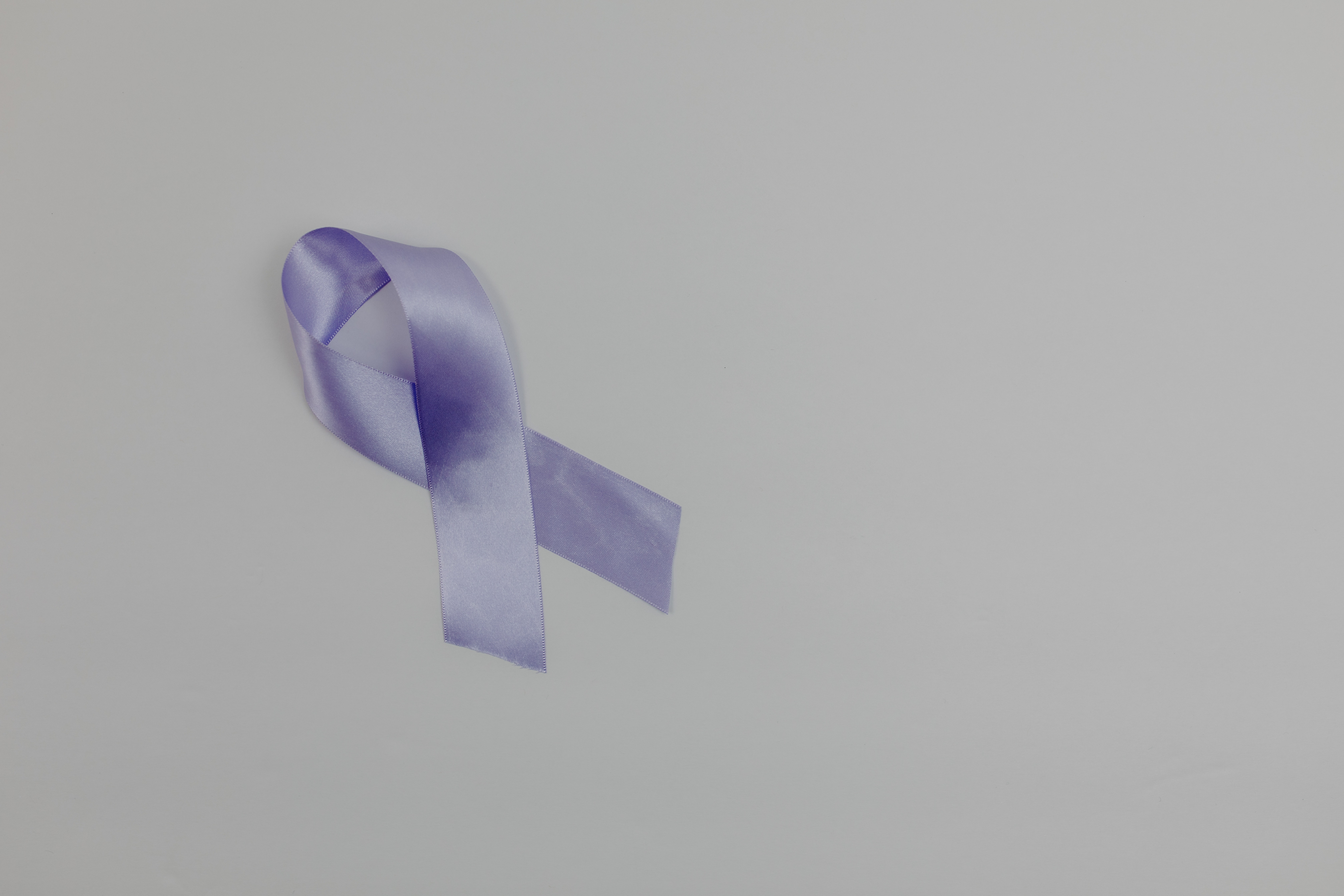How common is prostate cancer?
Prostate cancer is the second most common type of cancer in men. Every year in the world, it is detected in more than 1.1 million men.
Who is more susceptible to prostate cancer?
The probability of being diagnosed with the disease is higher in older men and men whose family has had cases of the disease. The common age of prostate cancer diagnosis is 66 years.
To what extent does a family history of prostate cancer increase the risk of developing the disease?
In men whose close relative (brother or father) had prostate cancer, the probability of developing the disease increases by 2 times. In men whose family has had cases of prostate cancer, the disease may occur at an earlier age. They should begin to undergo examinations (a blood test for prostate-specific antigen and a finger examination of the rectum) at the age of 45 or even earlier if several of their relatives have the disease.
How curable is prostate cancer?
In general, the earlier the cancer is detected, the more likely it is that the patient will be healthy after treatment. When prostate cancer is detected at local and regional stages, the survival rate is about 99% after 5 years.

What are the symptoms of prostate cancer?
In the earliest stages, most men have no symptoms. However, some may have frequent, difficult or painful urination, erection problems, pain or stiffness in the lower back, hip joints or upper thighs.
What are the side effects of prostate removal?
The two side effects of radical prostatectomy that men fear the most are erection loss and urinary incontinence, but there are options for their successful treatment. In addition, after complete removal of the prostate, there is no ejaculation, although the feeling of climax and orgasm persists.
Why is erectile function not restored in all men after surgery?
The state of erectile function after surgery is determined by the condition of the man before surgery. Postoperative erectile dysfunction in some patients is aggravated by pre-existing risk factors, such as old age, diseases of the cardiovascular system, diabetes, smoking, physical inactivity and taking certain medications (hypotensive and psychotropic drugs).
When can a man return to sexual activity after surgery for prostate cancer?
If cancer is detected at an early stage and the patient is treated by an experienced surgeon using nerve-sparing technologies, the ability to have sex can recover after surgery, usually starting from three to six months and then constantly improving over two to three years.
Is it possible to have children after radical prostatectomy?
Most men will recover an erection, but they will not be able to have children naturally. After prostatectomy, seminal fluid will not be produced.

Leave a Reply